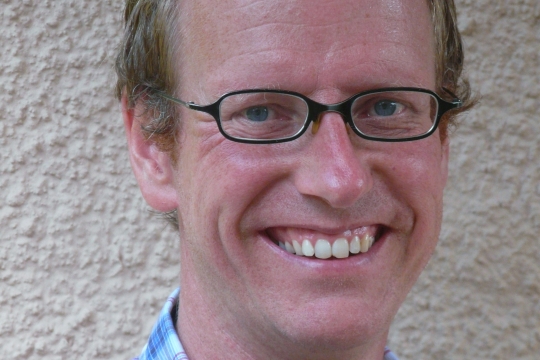"I am excited about being on site to contribute to this new EfD center. Tanzania is poor but possesses great potential, and is now experiencing rapid change. It is great if we can bring environmental economics into that process, and at the same time improve and establish research in this area at University of Dar es Salaam," says Hakan Eggert, Associate Professor at EEU, University of Gothenburg, when taking up his one -year assignment as resident at EfD Tanzania, University of Dar es Salaam (UDSM).
As resident advisor at EfD Tanzania, University of Dar es Salaam (UDSM), Eggert will collaborate on research projects, help build links to international academia, and assist in communicating environmental economics with Tanzanian policy makers. Eggert has studied resource issues in developing countries with a particular focus on aquatic resources and he has previously worked in India and Tanzania. "Sub-Saharan Africa is the region where we face the greatest challenges today. Spending a year at one of the four EfD centers in the region is a privilege for me. My interest is in how to manage resources and develop institutions that can support sustainable use of e.g. forest and fish that are instrumental resources to a country like Tanzania. I hope to learn a lot from interacting with domestic colleagues and policy makers, and at the same time provide some input to the development of more knowledge based policy development in the country.” Håkan Eggert will be working on several projects at UDSM including studies of the Lake Victoria fisheries and trade, compliance in fisheries, monitoring and enforcement in the presence of corruption, and research on sanctions, intentions and non-cooperation. He aims to start new collaborative projects on biofuel production and land use in Tanzania and on distributional effects of distant water fishing fleets in Southeast African fisheries.
“The best part of this is that I can interact with my Tanzanian colleagues on a daily basis, and together with them meeting ordinary people and policy makers. It is in the interface of academia and real life where changes can be made and we can contribute”
